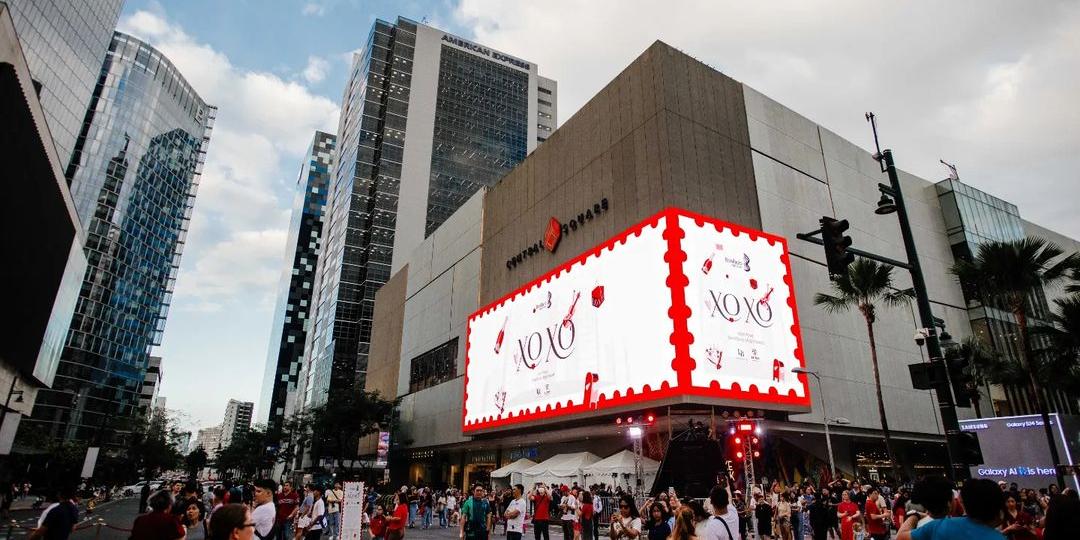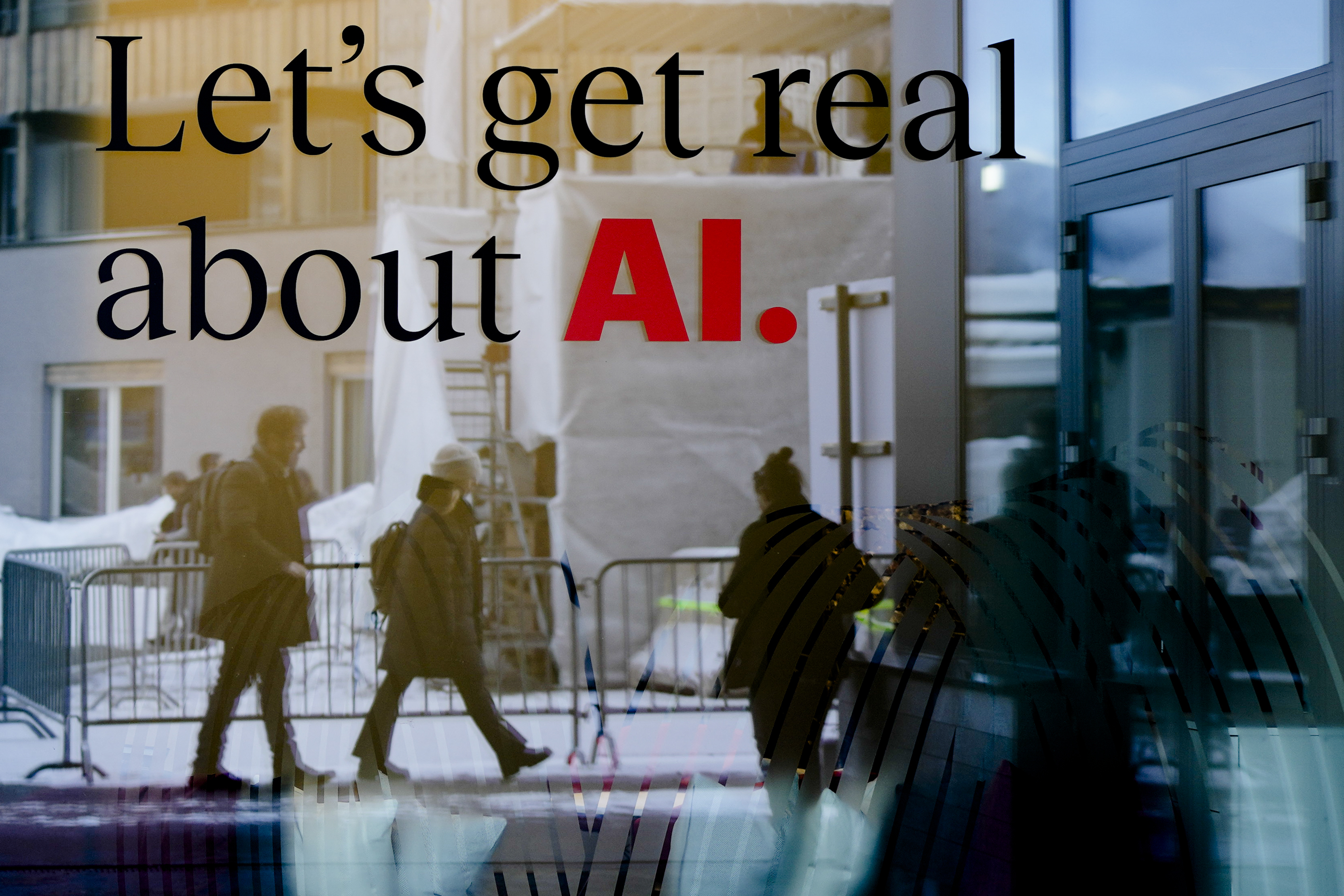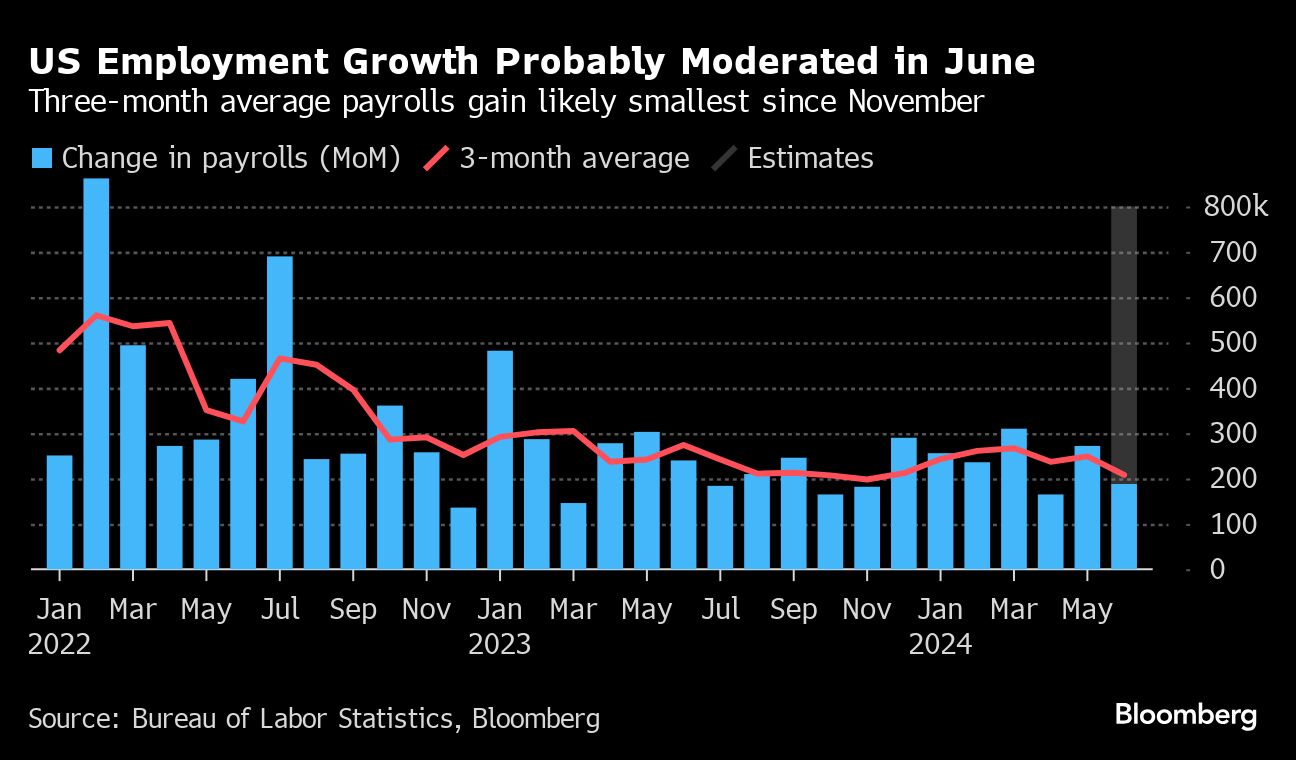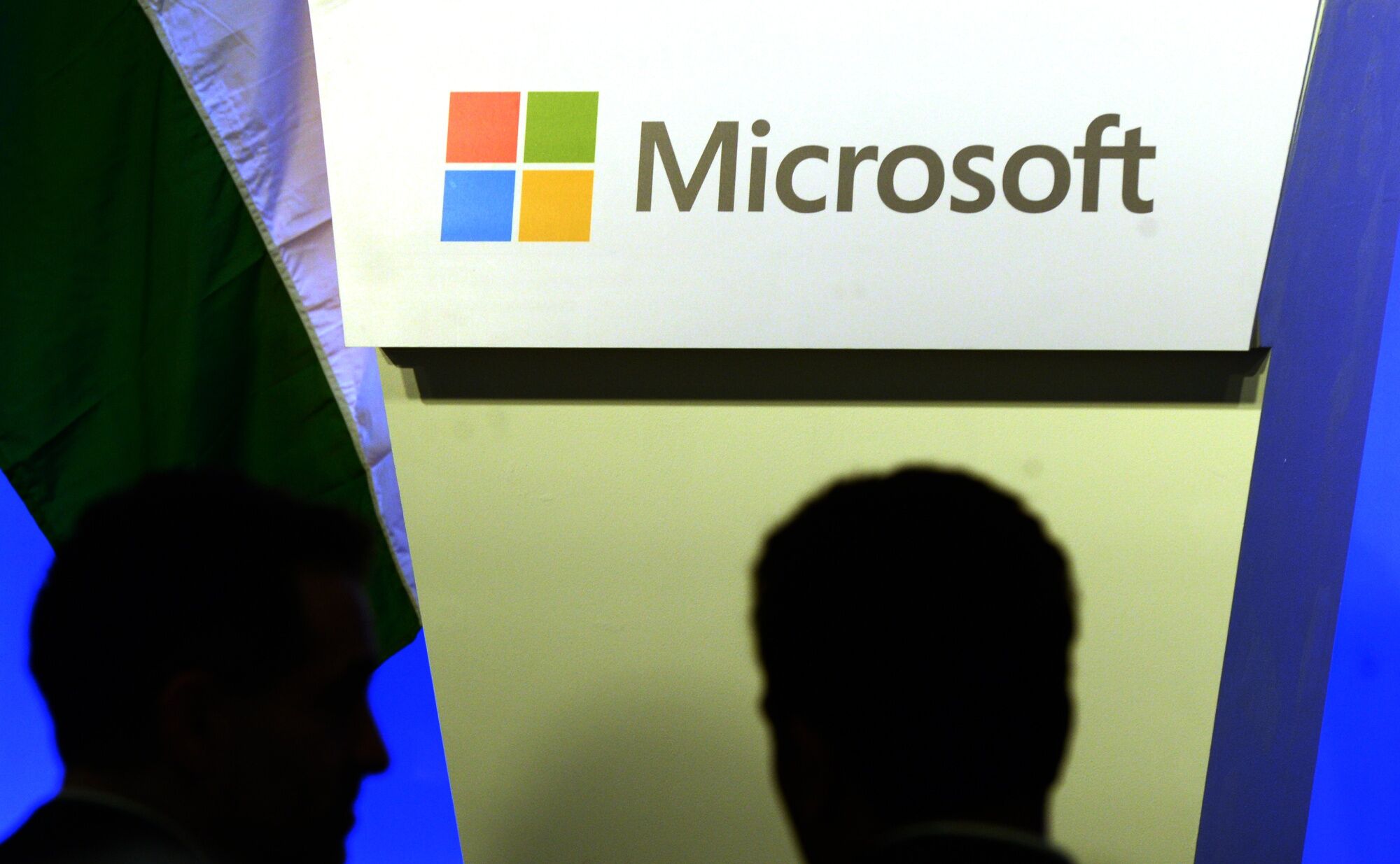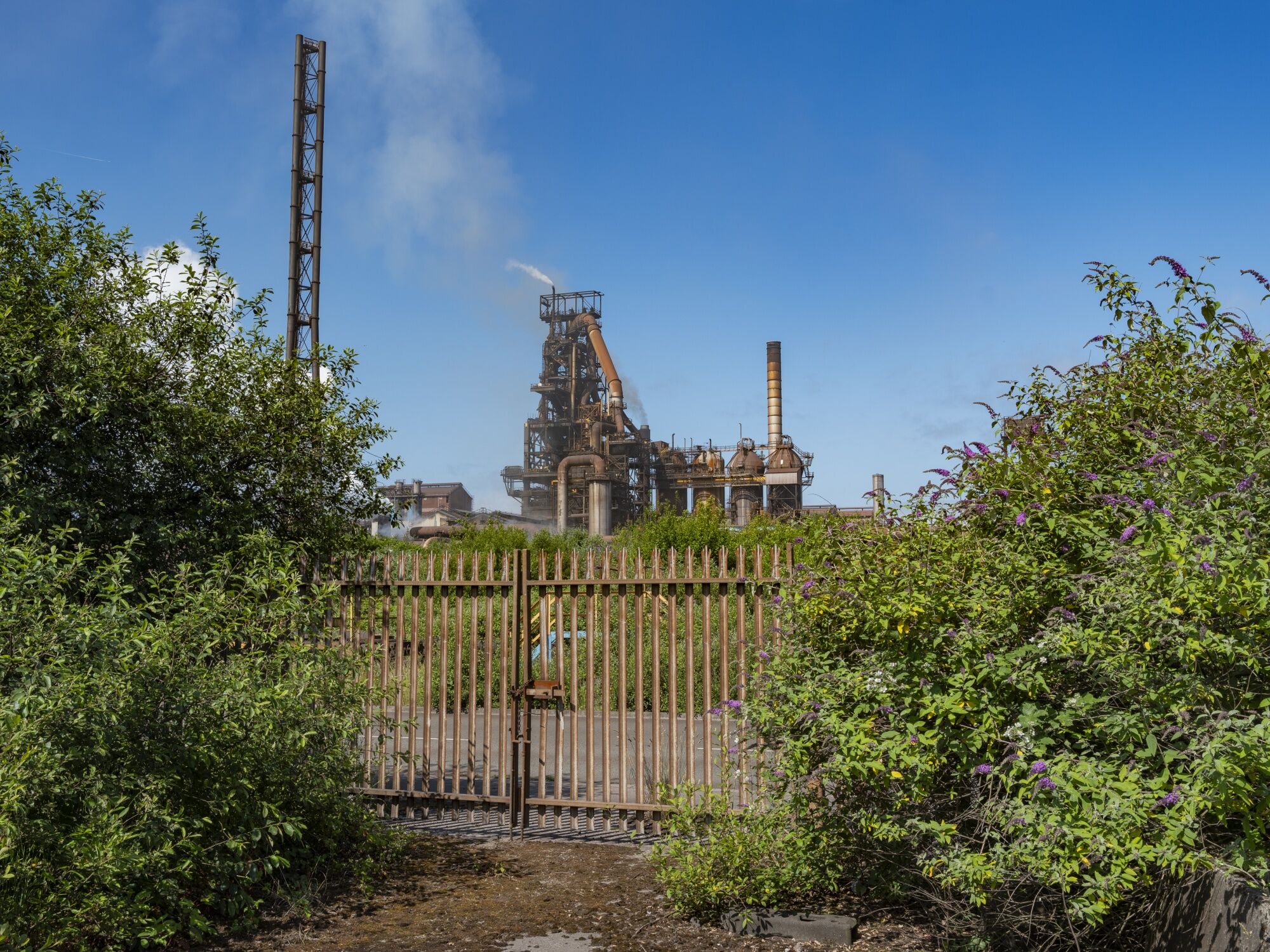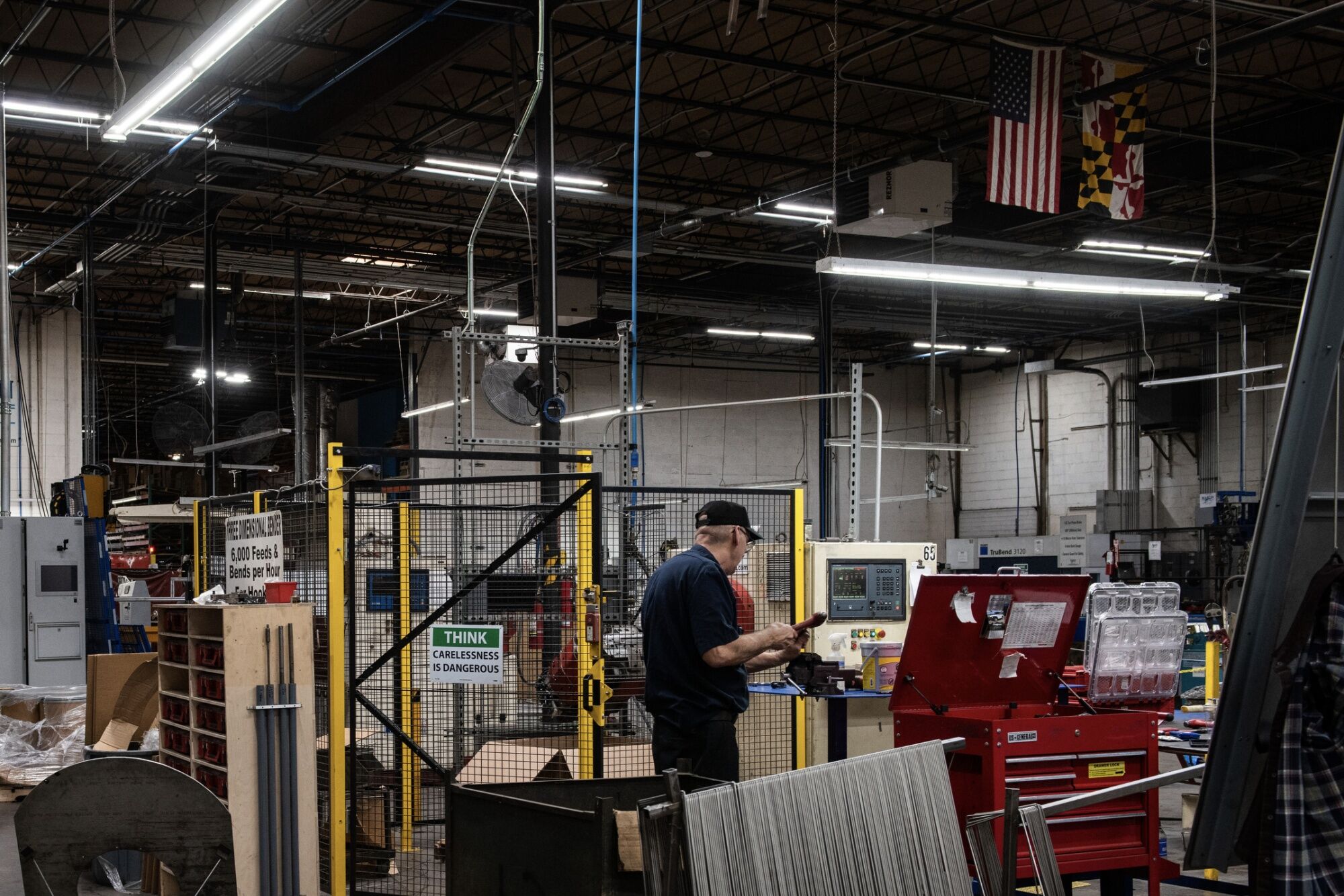
ANOTHER CONTENTIOUS US ELECTION MEANS A WORKER PRODUCTIVITY DIP
(Bloomberg) -- As chatter of the first US presidential debate hit workplaces across the country, executives a got a stark reminder about what happens when a contentious election cycle invades their offices.
Once considered taboo, talking politics at the water cooler is now quite common: Three in five US workers have discussed politics with coworkers over the last year, according to a report published by Glassdoor Inc. last November. While the office has long been seen as a place where Republicans and Democrats set aside their differences to accomplish shared goals, that ideal is fading.
The example set on the presidential debate stage is partly to blame for those shifting norms, said Johnny Taylor, chief executive officer of the Society for Human Resource Management. Old guardrails of decorum have disappeared, giving way to personal insults and attacks. “That's the struggle for the CEO community: How do you say stop when our leaders are engaged in this on global TV?”
It’s a problem that hits a business’ bottom line. “All of this is weighing on the minds of CEOs because they're losing productivity,” Taylor said. “If people are not happy or they're fighting with each other, that means they're not working.”
In 2020, handling the fallout of the pandemic took up a good deal of executives’ attention. Now, though, leaders have time to plan. Executives at many major companies are engaging in tabletop exercises to game out what messaging they’re going to use with staff in response to various situations to maintain a civil working environment, Taylor said.
The most straightforward answer to potential disruption is to ban political discussions at work. But that approach is unrealistic and can easily backfire, HR experts say, like when Coinbase Global Inc. CEO Brian Armstrong issued such a ban in the fall of 2020.
Instead, many executives are focused on setting the clear expectation that conversations must be kept respectful. “We're trying to set the tone internally that we want people to have a safe space and a safe working environment, and encourage healthy conversation,” said LaFawn Davis, chief people and sustainability officer at job search software company Indeed.
This election cycle brings unwelcome déjà vu for human resources leaders. In 2020, HR administrator Ashlee Love was tasked with keeping a lid on the rising political tensions at her Idaho-based manufacturing company. As the election loomed and the Covid-19 lockdown deepened feelings of burnout and isolation, arguments began breaking out amongst coworkers.
Love helped craft memos reminding staff of the company’s policies and emphasized the importance of empathy during town hall meetings. She pulled aside employees for one-on-one conversations. “Maybe don’t talk about politics with your friends at work,” she advised.
But policies and reminders only go so far. While the facility’s dress code meant Biden or Trump hats weren’t allowed in the plant, there was nothing to be done about the bumper stickers plastered on workers’ cars in the parking lot. For remote employees, the company set a policy against political Zoom backgrounds and email sign-offs.
Some didn’t respond well. Those who were determined to be outspoken invoked their first amendment rights. “It gets a little bit difficult if you have somebody who’s just like, ‘Bring it on,’” Love said. Others tried to stay out of it. But the strife was difficult to fully block out. “They’re trying to do their job and ignore the problem, but the background noise gets really intense,” Love said. “We saw productivity go down and an uptick in burnout.”
She anticipates this year’s election cycle will be even more contentious, as both parties gear up for scorched-earth campaigns, making forward thinking even more crucial. “It’s not a luxury that companies have anymore to be able to sit and watch and see how it goes.”
Most Read from Bloomberg
- Gavin Newsom Is Ready for the Biden Emergency
- Panicked Emails, Gallows Humor: The Aftermath of Biden's Debate Disaster
- The Question on Democrats’ Minds: How to Replace Biden?
- Biden’s Disastrous Debate Accelerates Doubts Over Candidacy
- Supreme Court Overturns Chevron Rule in Blow to Agency Power
©2024 Bloomberg L.P.
2024-06-28T19:55:38Z dg43tfdfdgfd

